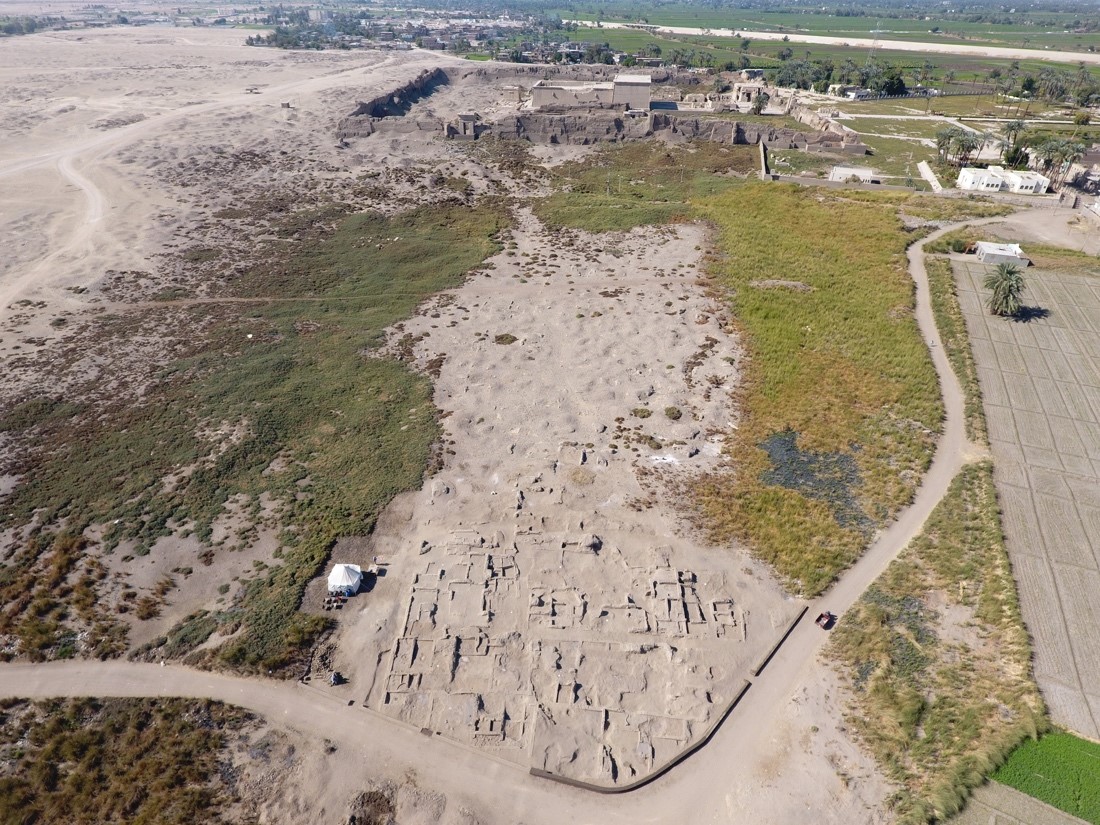
- This event has passed.
Moriarty Science Seminar: Resilience and adaptation to climate change and environmental shifts in ancient Egypt and Nubia
January 10, 2022, 12:00 pm - 1:00 pm
Online
Event Navigation

R.W. Moriarty Science Seminar Presents: Resilience and adaptation to climate change and environmental shifts in ancient Egypt and Nubia- the 4.2 ka BP and 3.2 ka BP events reconsidered
Speakers: Nadine Moeller and Emilie Sarrazin
In the history of ancient Egypt, two periods of important societal change have often been linked to major climatic events: the transition from the Old Kingdom to the First Intermediate Period, connected with the so-called “4.2 ka BP event,” and the end of the New Kingdom, roughly associated with the “3.2 ka BP event.” In both instances, seemingly unprecedented periods of aridification are thought to have had a direct impact on the (dis)organization of ancient societies in Egypt, Nubia, and the broader Near East. While the appeal of such a theory is undeniable, the proxy data on which this narrative is based are rarely critically assessed, and the link between the environmental and historical data is rarely conclusively made.
This lecture proposes to re-examine the evidence for both climatic and sociocultural changes at the end of the Old and the New Kingdoms in Egypt and Nubia, with a particular focus on settlement data. The growth, contraction, shifting, and abandonment of sites often reflect important changes happening beyond their bounds. In this regard, the benefits and limitations of using proxy data to explain changes in those settlement patterns will be reviewed, particularly when these changes coincided with periods traditionally associated with societal “collapse” in the scholarly literature.
Event photograph copyright Gregory Marouard
